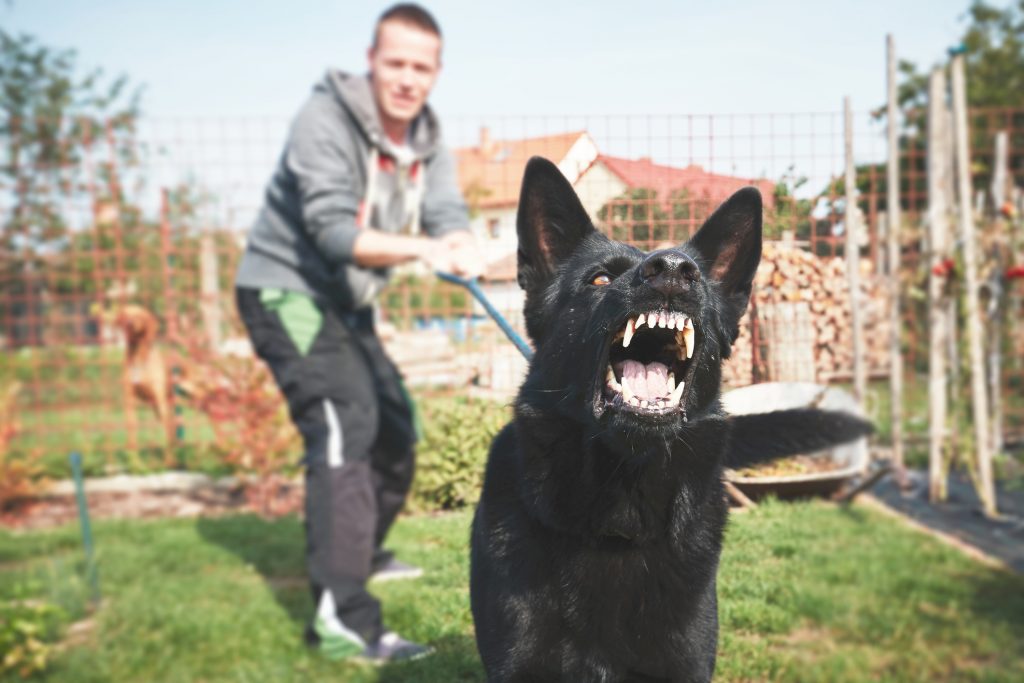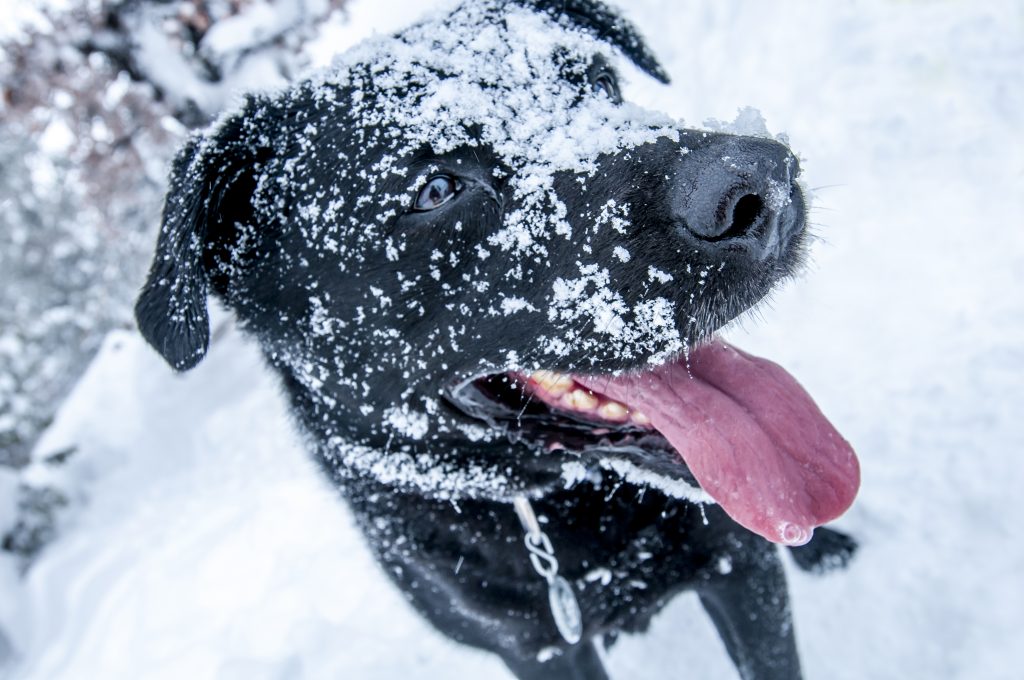Posts in Category: Pet Safety
Marijuana Toxicity in Pets
 Pot, weed, Mary Jane…no matter what you call it, marijuana needs no introduction, especially to Colorado residents. Medical marijuana became legal in Colorado in 2000, and in November of 2012, voters approved an amendment to the state constitution to legalize marijuana for recreational use. In January of 2014, the approved amendment became law.
Pot, weed, Mary Jane…no matter what you call it, marijuana needs no introduction, especially to Colorado residents. Medical marijuana became legal in Colorado in 2000, and in November of 2012, voters approved an amendment to the state constitution to legalize marijuana for recreational use. In January of 2014, the approved amendment became law.
Since marijuana use was first legalized, veterinarians across Colorado have seen a dramatic increase in cases of marijuana toxicity in pets. In fact, a Colorado-based study published in the Journal of Veterinary Emergency and Critical Care showed that the number of pets treated for marijuana poisoning quadrupled between 2005-2010. After the 2014 implementation of the recreational use law, our own veterinarians saw an uptick in the number of marijuana toxicity cases they were treating at our facility.
Every Rose Has Its Thorn: Dealing with Possessive Aggression in Pets
 If your usually sweet Pomeranian turns into a snarling beast when anyone approaches her food, or your new Labrador puppy becomes aggressively protective of his favorite chew toys, you may have a case of possessive aggression on your hands.
If your usually sweet Pomeranian turns into a snarling beast when anyone approaches her food, or your new Labrador puppy becomes aggressively protective of his favorite chew toys, you may have a case of possessive aggression on your hands.
Possessive aggression in pets stems from a natural fear response to the real or perceived threat of a resource being taken away. Pets can become possessive over their food, toys, favorite sleeping spot, and even certain family members. Although guarding behaviors are normal for many pets, and can be useful for animals in the wild, it is unacceptable when aimed at people or other pets in the household.
Happy Paws: Your Guide to Pet Safe Lawn Edging
 Your friends at Lone Tree Veterinary Medical Center would like remind you of the often ignored, yet, extremely important topic of metal lawn edging and the risks it poses to pets. Let’s discuss pet safe lawn edging that will help keep your pet safe.
Your friends at Lone Tree Veterinary Medical Center would like remind you of the often ignored, yet, extremely important topic of metal lawn edging and the risks it poses to pets. Let’s discuss pet safe lawn edging that will help keep your pet safe.
How Zoonotic Diseases Can Affect Your Pet and You
 There’s no question that pets bring joy, laughter, and a depth of feeling to our lives that is hard to find anywhere else. Unfortunately, they can occasionally bring illness in the form of zoonotic diseases, as well.
There’s no question that pets bring joy, laughter, and a depth of feeling to our lives that is hard to find anywhere else. Unfortunately, they can occasionally bring illness in the form of zoonotic diseases, as well.
A zoonotic disease is one that can be passed from animals to people, or vice versa. Dogs, cats, horses, rabbits, birds, cattle, pigs, rodents and wild animals can all potentially spread disease to humans. Fortunately, even though there are over one hundred known zoonotic diseases in the world at large, most are not found in the United States, thanks to good hygiene and modern veterinary care.
Even though your chances of catching a disease from your pet are low, it’s important to understand the risks associated with zoonotic diseases and how you can protect yourself and your family.
Winter Pet Safety Tips
 As fall turns to winter and temperatures start to drop, let’s revisit the essential winter pet safety tips. Keeping your pets safe during the icy months is crucial for their comfort, health, and overall well-being.
As fall turns to winter and temperatures start to drop, let’s revisit the essential winter pet safety tips. Keeping your pets safe during the icy months is crucial for their comfort, health, and overall well-being.
Continue…
My Pet Ate What? GI Obstruction in Pets
 Every pet owner knows how much pets enjoy food. Unfortunately, sometimes this love of chewing and swallowing can get our pets into trouble, particularly when they ingest something inedible causing a GI obstruction.
Every pet owner knows how much pets enjoy food. Unfortunately, sometimes this love of chewing and swallowing can get our pets into trouble, particularly when they ingest something inedible causing a GI obstruction.
In many cases, something a dog or cat ate will pass through the digestive tract with little to no trouble, but this is not always true. Any object can become lodged in a pet’s gastrointestinal (GI) tract (esophagus, stomach, or intestine), creating problems at any point along the way, including, the destruction of the area of the intestines where the foreign material is lodged. Continue…
Rabies and Pets: Know the Enemy
 Most people know that wild animals can carry rabies, but many of us don’t think it’s something that can affect our pets or us. Unfortunately, the reality of rabies is closer to home than many of us realize. The disease is present in every state (except Hawaii) and kills hundreds of pets, as well as a few humans, each year.
Most people know that wild animals can carry rabies, but many of us don’t think it’s something that can affect our pets or us. Unfortunately, the reality of rabies is closer to home than many of us realize. The disease is present in every state (except Hawaii) and kills hundreds of pets, as well as a few humans, each year.
Understanding the link between rabies and pets is key in protecting your family, both two-legged and four, from this devastating illness. Continue…
Tummy in Knots? Recognizing and Preventing Bloat in Dogs
 Few conditions can kill a dog as quickly as bloat. Although many pet owners are unaware of it, bloat in dogs is one of the most serious, and potentially deadly, pet emergencies. Understanding the signs of bloat, as well as your emergency options, are crucial in protecting your dog from this dangerous affliction.
Few conditions can kill a dog as quickly as bloat. Although many pet owners are unaware of it, bloat in dogs is one of the most serious, and potentially deadly, pet emergencies. Understanding the signs of bloat, as well as your emergency options, are crucial in protecting your dog from this dangerous affliction.
Understanding Bloat in Dogs
Bloat, also known as gastric dilation volvulus (GDV), occurs when gas and fluid cause the stomach to distend. In some dogs, this distention can cause the stomach to twist along its axis (also called torsion), cutting itself off from the esophagus and duodenum. Continue…
Plants And Pets: What You Need To Know
 Pet owners know how curious their pets are and how much they love to sniff, lick, and nibble on just about everything they come across. Unfortunately, plants fall into this category and many pets will go to great lengths to take a bite of greenery whenever they can get away with it. This curiosity can, however, lead to big trouble, as many of the plants commonly found in and around our homes are toxic to our pets.
Pet owners know how curious their pets are and how much they love to sniff, lick, and nibble on just about everything they come across. Unfortunately, plants fall into this category and many pets will go to great lengths to take a bite of greenery whenever they can get away with it. This curiosity can, however, lead to big trouble, as many of the plants commonly found in and around our homes are toxic to our pets.
Because plants and pets often don’t mix, it’s important for pet owners to be educated on which plants pose a danger and how to protect their pets from falling victim to an accidental poisoning. Continue…
Plague In Pets: What You Need To Know
 It’s not likely that contracting the plague is high on your list of concerns. When most of us think of plague, we think of the disease that spread throughout Europe in the Middle Ages, killing one-third of the population; not an illness that we may actually have the potential of contracting in this day and age.
It’s not likely that contracting the plague is high on your list of concerns. When most of us think of plague, we think of the disease that spread throughout Europe in the Middle Ages, killing one-third of the population; not an illness that we may actually have the potential of contracting in this day and age.
Although it is rare, animals and people can and do still contract plague. According to the CDC, most human cases in the United States occur within locations in Idaho, New Mexico, Arizona, Colorado, California, Oregon, and Nevada. About eight cases of plague in humans are reported each year. Continue…



